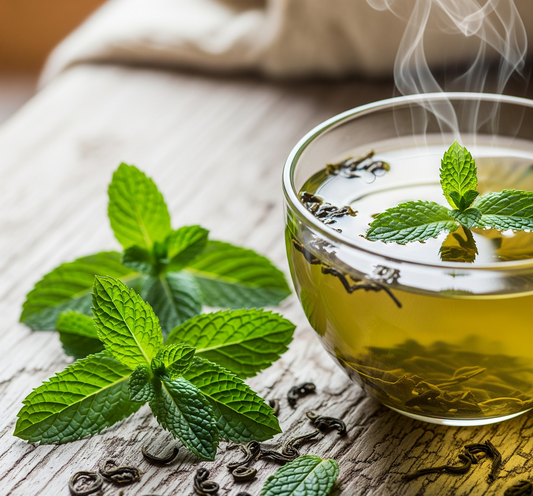Before we even dig into the advantages of organic tea, I realize it’s important to understand what organic tea even is. You wouldn’t be wrong in thinking well, teas come from plants and aren’t all plants organic.
That’s what I used to think before I joined Nepal Tea Collective a few months ago.
If you remember the last blog I wrote, I’ve been getting real into developing a sense of wellness both mental and physical.
Since that last blog, I’ve started to read more books, take more meaningful breaks. I am, of all things, cycling to build up all the strength I lost during the pandemic. I read so much about green tea that I know how to brew a perfect green tea. Of course, all the educational content we’ve been pushing out in Nepal Tea Instagram has been a great help in figuring it out.
So this month, I’ve been googling up everything and everything about everything organic. And I’ll be honest I thought the term was all fancy marketing labels until of course you dig a bit deeper.
Turns out, organic in organic teas aren’t just labels. The term is a representative word to determine how, or even specifically where the teas have been produced.
Organic teas come from organic tea fields.
That may seem like an obvious explanation but ask yourself this: what is organic tea fields and everything starts to get a little bit more complicated. Well organic tea fields are tea gardens and farms that do no use any chemical, fertilizer, pesticides, fungicide or herbicides. It’s all -cide free.

All the teas in Nepal Tea comes from organic tea gardens. Many of our award winning teas like Kanchanjangha Noir and Kanchanjangha Verde actually come from the country’s first ever certified organic tea garden – Kanchanjangha Tea Estate. They’ve been chemical free for a little over four decades now, even before all the researches on side effect of residual insecticides have on our bodies.
How do organic tea farm work?
Organic tea farms in comparison to conventional tea plantations established to maximize production in short period of time are much smaller. Organic tea farms work in harmony with local conditions, supporting biodiversity and adapting to the natural cycles of the land.

Tea gardens in Nepal are often taken care by entire communities and through generations. Each plant is treated with love and respect.
So what kind of difference does organic tea make?
It’s literally a world of difference you’re opting for every time you choose organic loose-leaf teas like Nepal Tea. The non-organic teas produced in the conventional tea plantations use chemicals to ensure nothing hinders the tea production no matter the changes in ecosystem. This means use of insecticide and other chemicals to ensure the plants grow at an unnaturally great speed.
The use of pesticide has known to have a harmful impact on the workers themselves, the plant and even consumers like you and me. Non-organic teas often carry residual chemicals that by-pass the normal processing and manufacturing process because many chemicals are water-soluble.

Organic teas have the advantage in that the leaves that end up in your cup have never even been introduced to insecticides. Every cup of proven organic tea, and I do recommend you do your own research when any company claims they’re organic, is 100% safer. Check out Nepal Tea’s own transparent and traceable tea farm partners. The tea plants thrive in the caring hands of farmers that work in smaller less-stressful environment of organic tea farms. The leaves have more space to produce vivid and firework like flavors.
So should you get organic tea next time you’re looking to fulfill your tea needs?
We 100% think you should but of course the decision is yours. Next time you decide to get your tea, do try to dig in a little bit about where your teas come from and whether or not the people who make it reveal its processing.
If you're curious about teas from Nepal, we have some amazing recommendation for you. Do check out our brilliant collection of loose leaf organic teas!




